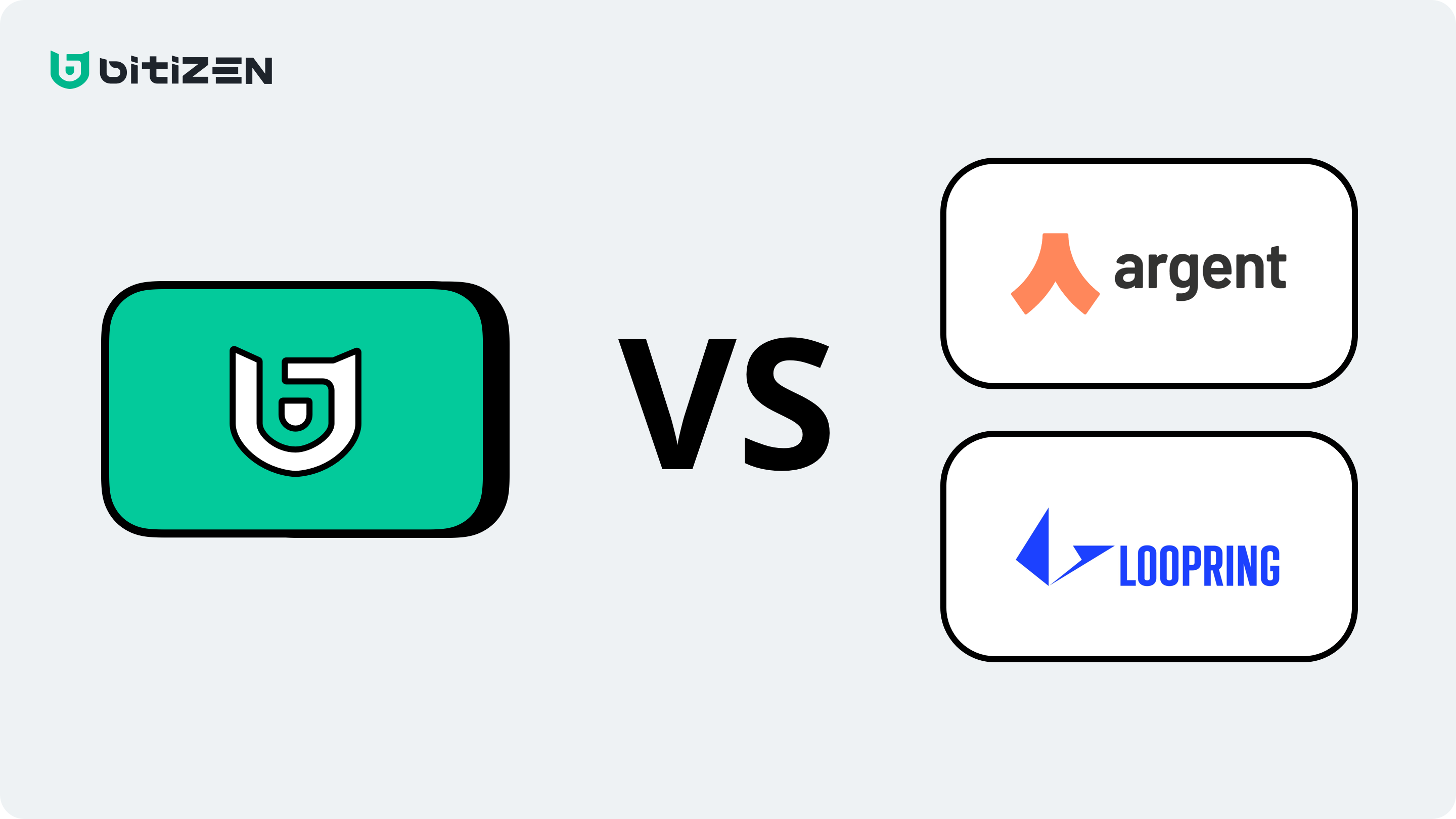Bitizen vs. Multisig: Argent, Loopring, etc.
Comparing Bitizen with popular Multisig wallets

Multi-signature Smart Contracts Wallets
Multi-signature refers to a digital signature process that enables multiple users to sign a single transaction on behalf of the group, and each multi-signature address is associated with several private keys. This adds an extra level of security as it requires multiple parties to sign and approve the transaction, preventing unauthorized transaction signature. Good examples of multi-sig wallets can be popular solutions such as Argent and Loopring.
Multi-Party Computation Threshold Signature Scheme
Multi-Party Computation is a technology where the multiple parties that are responsible to hold a share of a private key (key shares) and use those key shares to provide their part of a multiparty approval of a transaction. After joint computation they generate a single digital signature to release digital assets for transfer to a third party.
TSS technology implements two protocols: Multi-Party Computation Key Generation protocol (also known as Distributed Key Generation) and MPC Signature Generation protocol. TSS (Threshold Signature Scheme) determines the minimum number (t) of total number of existing key shares (n) required to jointly compute the signature. Bitizen is a true MPC-based wallet, maximizing benefits of this cryptographic technology.
Differences between Multi-sig and MPC Wallets
Both multi-sig and MPC technologies require multiple parties to participate in the transaction signature process, however, MPC is a more flexible, efficient and secure solution.
Security and Privacy
Multi-sig wallets expose the number and potential relationship between signing parties, making it easier to track their identities. MPC wallets do not disclose information about the number of signing parties and have a generic signature similar to the ordinary private key signature.
Compatibility
Multi-sig proceeds signing transactions with multiple private keys, and it also must be supported by the protocol. However, very few blockchain protocols support multi-sig, creating unnecessary limits for wallet users, who have to find other alternatives. Besides, protocols themselves might have different implementations from one another, this makes it difficult for multi-sig wallet developers to securely add new protocols. MPC is protocol-agnostic, it can support any network, avoiding such issues and leaving more time for our developers to integrate more blockchains and supported Dapps and DeFi / SocialFi / GameFi / NFT protocols. Besides, MPC has much easier deployment and allows flexible upgrades.
Operations
The access structure of a multi-sig is fundamentally tied to its wallet address. It is impossible to change the number or members of a signing group, and the funds from the address have to be transferred to a new multi-sig wallet to accommodate changes in the group structure.
In MPC, the number of Key Shares can be easily changed, to further raise the threshold of security and further reduce the unlikely potential for a security compromise. The receiving address remains the same.
Speed
Signing transactions with Multi-sig requires different users to sign each transaction, which might be seriously delayed if users are offline, unavailable or in different geographical locations/time zones.
MPC-based wallets can connect to the server to jointly compute the signature, or co-sign transactions by the user with his own two devices (for example, a mobile phone + computer or a second phone, or an iPad etc.)
Cost
Multisignature transactions require each signing party to pay gas, which brings extra costs for each party to complete one transaction. For institutional clients, such as custodial services and exchanges that might be an insignificant cost, however, for retail users it may become a big obstacle, resulting in extra time for communication, approvals, confirmations.
MPC-based wallets don’t have such an issue, the transaction fee remains standard.
Conclusion
Both Multisignature and MPC technologies overall increase the security of the funds, however, MPC is positioned as a more advanced digital asset wallet security scheme, while Multi-sig frameworks generally have less capabilities and more limitations. The business practice of hundreds of institutional-grade customers such as digital asset exchanges, custodians, institutional investors are now using MPC, and security analysts at consulting and advisory firms recommend their clients to consider blockchain wallets and custody solutions based on MPC.